Spinach has long been celebrated as a nutritional powerhouse, but its reputation as a natural blood booster makes it particularly essential for pregnant women. Packed with folate (the natural form of folic acid) and iron, this leafy green acts as a gentle yet effective way to support healthy blood production. Unlike synthetic supplements, spinach delivers these nutrients in a bioavailable form, working in harmony with the body’s needs. For expectant mothers, incorporating spinach into their diet isn’t just a healthy choice—it’s a strategic one.
The magic lies in the synergy between folate and iron. Folate plays a critical role in DNA synthesis and red blood cell formation, while iron is the core component of hemoglobin, the molecule responsible for oxygen transport. During pregnancy, a woman’s blood volume increases by nearly 50%, creating a heightened demand for both nutrients. Spinach, with its dual offering, becomes a simple yet profound solution. Steamed or lightly sautéed, it unlocks even more iron bioavailability, making it a versatile addition to meals.
What sets spinach apart from other greens is its adaptability. Whether blended into smoothies, tossed into salads, or stirred into soups, it retains its nutritional integrity without overpowering flavors. Pregnant women often struggle with aversions to strong tastes or textures, but spinach’s mild profile makes it an easy inclusion. Moreover, its high vitamin C content—another unsung hero—enhances iron absorption, creating a virtuous cycle of nutrient uptake. This isn’t just food; it’s nature’s careful engineering.
The folklore surrounding spinach’s iron content has been debated, but modern nutrition science clarifies its worth. While Popeye’s legendary strength may have been exaggerated, the vegetable’s ability to combat pregnancy-related anemia is very real. Pairing spinach with vitamin C-rich foods like bell peppers or citrus amplifies its benefits, transforming a simple meal into a therapeutic act. For mothers-to-be, this isn’t merely about eating well—it’s about fostering resilience for both themselves and their growing babies.
Beyond folate and iron, spinach offers a cascade of ancillary benefits. Magnesium supports muscle relaxation and nerve function, easing common pregnancy discomforts like leg cramps. Its fiber content aids digestion, countering the sluggishness many experience. Even the act of preparing spinach can be grounding—rinsing its vibrant leaves, feeling their texture, knowing you’re harnessing something elemental. In a world of prenatal pills and processed fortifications, spinach stands as a quiet testament to the wisdom of whole foods.
Healthcare providers increasingly emphasize food-first approaches to prenatal nutrition, and spinach exemplifies this philosophy. It’s not a replacement for medical advice or prescribed supplements but rather a complementary force. The psychological comfort of consuming real, recognizable ingredients shouldn’t be underestimated either. When pregnancy feels like a whirlwind of unknowns, spinach becomes a tangible anchor—a green, leafy constant in a time of change.
Seasonal and accessible, spinach transcends socioeconomic barriers to maternal health. Frozen, fresh, or even grown in a windowsill planter, it democratizes nutrition. Its affordability compared to specialty health foods makes it sustainable for long-term dietary integration. This universality is poetic: a humble vegetable, unassuming yet mighty, bridging gaps in healthcare disparities one meal at a time. For generations, cultures worldwide have intuitively included greens in postpartum and prenatal traditions—modern science now catches up to that ancestral knowledge.
The conversation around pregnancy nutrition often centers on restrictions—what to avoid, what to limit. Spinach shifts that narrative to one of abundance and possibility. It’s a reminder that nurturing life can be as straightforward as a handful of greens wilted into scrambled eggs or blended into a mango smoothie. Every bite is an act of optimism, a whisper to the future: Here is strength. Here is growth. And isn’t that what motherhood, at its core, is all about?
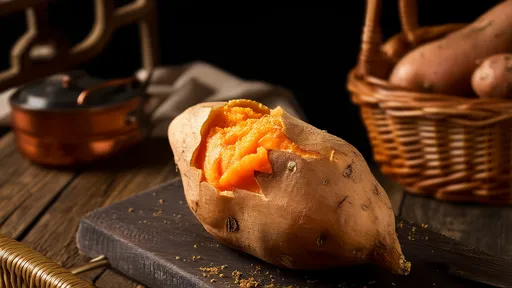
By /Jul 1, 2025
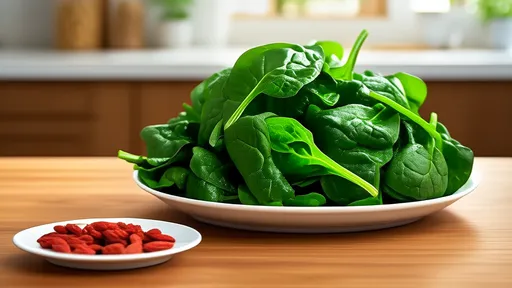
By /Jul 1, 2025
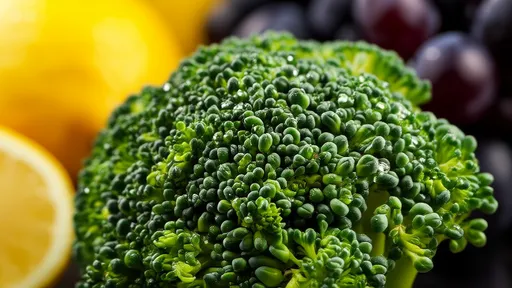
By /Jul 1, 2025
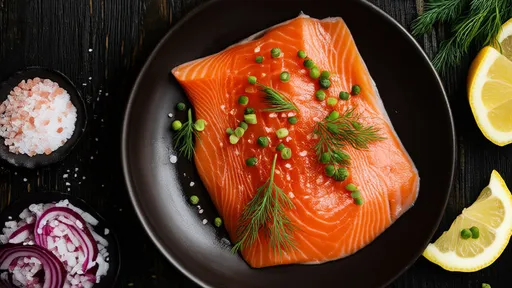
By /Jun 18, 2025

By /Jun 12, 2025
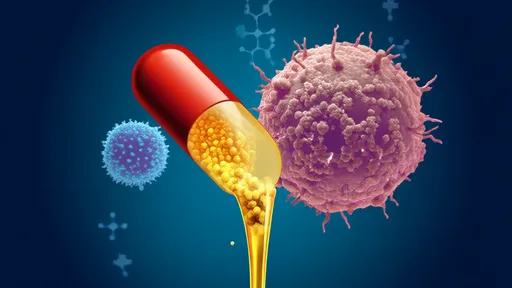
By /Jun 12, 2025
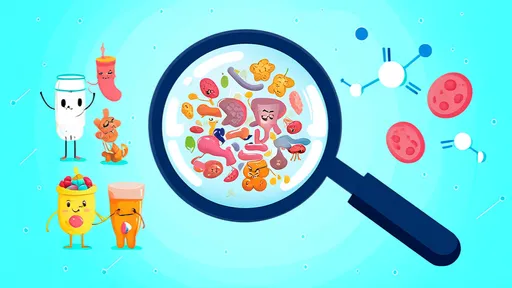
By /Jun 12, 2025